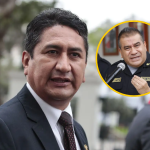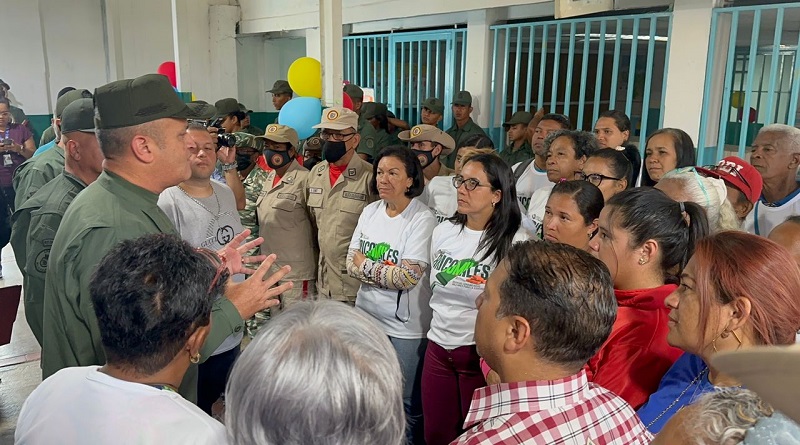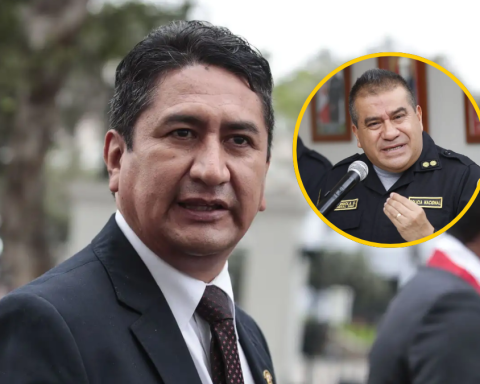Within the framework of the United Nations High-Level Political Forum for Sustainable Development that took place in New York, United States, the Minister of Social Development (MIDES), María Inés Castillo, positioned the Plan Beehive Strategy as the accelerator of the 2030 Agenda and the Sustainable Development Goals (SDG) in Panama, ensuring that it lays the foundations for the fight against poverty and inequality in the country.
“This strategy is based on the territorialization of public policy, as well as the social inclusion of all. In this sense, collaboration between public institutions, civil society, academia, private companies and the community has been promoted, prioritizing the 300 corregimientos with the greatest deficiencies, according to the Multidimensional Poverty Index of Corregimientos (IPM-C)”, explained Minister Castillo during her intervention in the General Debate that took place in the Ministerial Segment of the Forum.
Similarly, Minister Castillo also highlighted to the international community that, thanks to the Plan Colmena Strategy -which has deployed more than 7,000 interventions in the territory-, Panama has managed to register historic figures in the reduction of poverty and hunger, reaching 6% in extreme poverty in 2021 according to ECLAC and managing to reduce hunger, reducing the rate of undernourishment from 21.6% in the period 2004-2006 to just one 5.3% in the period 2019-2022, according to FAO data.
In relation to Panama’s progress regarding the 2030 Agenda, he specified that for 8 years the country assumed the commitment to build a fairer, more sustainable and inclusive future for all citizens.
“In 2015, Panama joined the 2030 Agenda and we developed our National Strategic Plan with a 2030 State vision. Later, with the 2019-2024 Strategic Plan, carried out by our administration, we defined specific economic and social strategies to reduce inequality and improve the quality of life of our population. The commitment of our government is to address the multiple realities, recognizing that in our nation there are five Panamas: the modern, the middle-class, the neighborhoods, the agricultural rural and the indigenous of the regions”, he said.
In turn, Minister Castillo took the opportunity to announce that Panama will be presenting this year the third Voluntary National Report that renders accounts on compliance with the 2030 Agenda, another sign of Panama’s firm commitment to the 2023 Agenda.
Strategic alliances and cooperation for the SDGs
Within the framework of her participation in the Forum, Minister Castillo also participated as a panelist in two parallel events. The first on “What works to achieve SDG 17 – the pillar of the association?”, which was organized by the Global Coalition for Synthesis of the SDGs, an initiative of which Panama is part of its Steering Committee, and the support of the Independent Evaluation Office of the United Nations Development Program (UNDP).
During her participation in this event, Minister Castillo emphasized the importance of strategic alliances and cooperation between different sectors and actors, and called for strengthening North-South and South-South cooperation to continue achieving goals.
“Direct associations between multiple actors (civil society, academic sector, private initiative and government at all levels) must be promoted so that the implementation of the 2030 Agenda is a continuous, participatory and bottom-up process,” he explained.
In turn, he affirmed that in order to achieve the SDGs, planning processes must be improved, incorporating it at all levels of policies and government, and linking plans and budgets in a coherent manner, including all sectors of society in the exercises.
Laying the foundations for closing gaps
On the other hand, in the second event, “Social Development Initiatives for Compliance with the SDGs”, Minister Castillo presented the Plan Colmena Strategy, as the main strategy for compliance with the SDGs and the development agenda.
“The Beehive Plan Strategy strengthens the efforts made by the social stewardship to promote human development, social justice and opportunities, through actions that tend to strengthen communities and families; achieve their social inclusion and the participation of all sectors, the promotion of investment in social capital and the generation of income in communities in situations of poverty and extreme poverty”, said Minister Castillo.
He added that the Plan Colmena Strategy has achieved important achievements such as building alliances, citizen participation, strengthening institutional capacities and promoting initiatives to achieve the SDGs.
It is worth mentioning that this event was organized by the Permanent Mission of the Dominican Republic to the United Nations, in collaboration with the permanent missions of Costa Rica and Panama to the United Nations and UNDP.
Bilateral meetings
Minister Castillo also took advantage of her participation in the United Nations High Level Forum to hold various bilateral meetings.
On the one hand, he held a meeting with the Director of the Independent Evaluation Office of the United Nations Development Program (UNDP), Alan Fox, in which they delved into the different actions carried out by the Global Coalition for the Synthesis of the SDGs, as direct support to countries for compliance with the SDGs, as well as the role that Panama will be playing as part of the Steering Committee of this collation.
The meeting also provided the opportunity to discuss future collaborations to increase the reach of the coalition, which coincides with the global commitments assumed by Panama with the 2030 Agenda.
Likewise, Minister Castillo held bilateral meetings with the General Director of the Supérate Program of the Dominican Republic, Gloria Reyes; as well as the Vice Minister of National Planning and Economic Policy of Costa Rica, Marlon Navarro Álvarez; and Undersecretary of Social Evaluation of Chile, Paula Poblete Maureira, with whom she was able to share the experience of Panama in the fight against poverty and inequality, progress and challenges for the achievement of the SDGs, as well as learn more about the initiatives carried out by these three countries in terms of compliance with the sustainable development agenda.
Another meeting that Minister Castillo held was with the Deputy Executive Director of the United Nations Population Fund (UNFPA), Diene Keita, in which they discussed the different actions that Panama is carrying out with the support of UNFPA, highlighting among them, all the work carried out in the area of youth, prevention of adolescent pregnancy, aging, the Afro-descendant population, as well as the 2022 Census.








